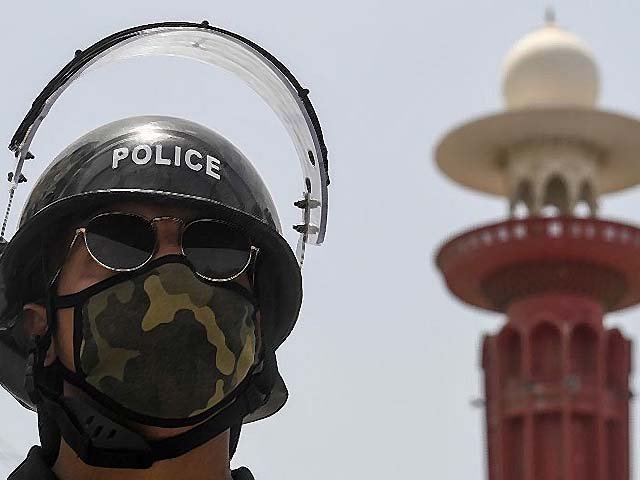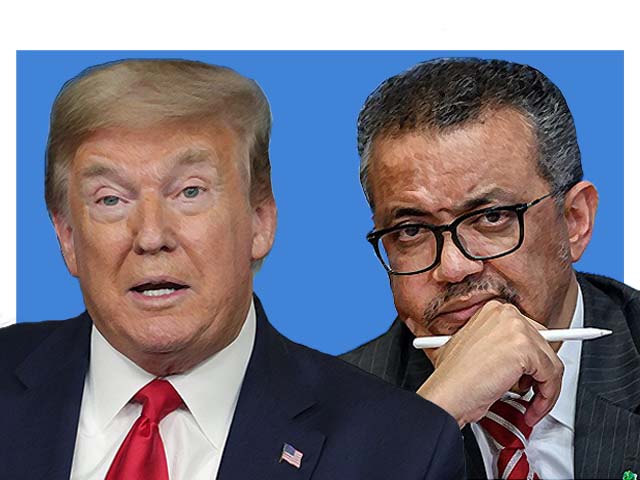
Iran, Syria and the Muslim divide
While China and Russia are protecting Iran, it's brother Muslim countries are only too willing to ignore her.
It has been quite some time now that the possibility of an Israeli attack on Iran has flooded international media. The western media is contemplating an attack on Iran and is putting forward all kinds of reasons as to why Iranian intervention is imminent and necessary.
This media, which is not only anti-Iran but anti-Asia, is adamant on portraying Iran as a state that will attack Israel as soon as it is equipped with nuclear arms. Western media moguls and analysts are thus proposing that Tehran's nuclear ambitions must be surrendered for the larger interest of the region. However, one question that lingers in many minds is, why are Israel and USA, two of the most bitter Iranian rivals, not asked to surrender their weapons of mass destruction in order to assure Tehran's security?
The past few months have witnessed open criticism from pro-US Arab states against Iran and its nuclear program. So much so that the Kingdom of Saudi Arabia may even be ready to provide its land to the US if it plans to attack Tehran and its nuclear sites. Saudi Arabia has also pressurised Pakistan and persuaded countries like Malaysia and Indonesia to form an alliance against the Shia- majority Iran.
With some of the oil rich gulf states already in US' kitty, the addition of Saudi Arabia may indeed ring alarm bells for Iran. Any possible intervention, backed by Saudi support, may further add fuel to the already raging spiral of sectarian violence, not only in these countries but also in other countries in the region, especially Pakistan and Afghanistan.
This dilemma has haunted the Muslim community all over the world. It perplexes me a great deal as to how the policy makers of one sect are going all out against the other sect of the same religion, just in the name of vested interests and western influence.
Even when the Shia minority voiced its dissent in the Kingdom of Bahrain against the monarch and his family, Saudi Arabia came forward in support, and brute force was exercised against the protesters by the Saudi forces deployed there.
In the same event, Saudi officials also asked Pakistan for its support against the Bahrain uprising in the form of providing military personnel. Bahrain, on the other hand, accused Iran of supporting the Shias in the country against the ruling Khalifa.
Sadly enough, when Libya, Iraq and Afghanistan were bombed in the name of 'war against terror' and dictatorship, no Muslim state came forward to denounce these interventions.
In Libya, the rebel (or the so-called revolutionary) forces were headed by ex-fugitives and banned terrorists. They were supported and funded by the Nato forces in order to oust Qaddafi - the ex Libyan leader. Not a single voice from any head of the Muslim states was heard condemning the brutal murder of Qaddafi. Such is the cold-bloodedness and divide of Islamic states that the concept of ‘one Muslim community’ has been diluted and replaced by international vested interests.
The situation in Syria is not very different from the one in Libya. A popular leader, Bashar al-Assad, is being asked by the international community, especially the Arab states, to step down as the ruler of the country. The reason provided by the international observers is the atrocities which Assad's army is carrying out on the innocent civilians.
The point that many seem to be missing is that if Assad would have been infamous and had little public support, he would have faced the same fate as of his counterparts in Tunisia and Egypt. Yet, the UK announced millions of pounds in aid for the disintegrated Syrian opposition in order to fight against the alleged tyrant regime.
In midst of this critical scenario, it is indeed humiliating for the Muslim states that countries like Russia and China are playing their part to avoid any possible attack on Iran in order to prevent the loss of innocent lives. Both these rising powers have also vetoed all sanction resolutions in the UN against Syria.
What Russia and China have done is what the Muslim states of the Gulf - having the power of oil - should have done; they should have worked to prevent any possible attack or sanctions against their brother states.
This mix and match of relations between the Shia and Sunni majority states is not only detrimental for world security, but also for Muslim unity as a whole. Although unity and peace may be deemed as idealistic propositions, striving for them may lead towards a world with minimum amount of conflict. This would also result in better progress of the less developed Muslim states.
Follow Farooq on Twitter @faruqyusaf
Correction: A previous version of this blog post incorrectly stated the Kingdom of Bahrain as the Emirate of Bahrain. The error has been corrected.




COMMENTS (47)
Comments are moderated and generally will be posted if they are on-topic and not abusive.
For more information, please see our Comments FAQ